The Bellavita bath lift is a remarkable product that brings a host of virtues and benefits to individuals with limited mobility or physical disabilities. Designed to enhance safety, comfort, and independence, the Bellavita bath lift has enormously enhanced the bathing experience for countless people since its introduction to the market in Ireland.
One of the greatest virtues of the Bellavita bath lift is its ability to ensure safety while entering and exiting the bathtub. With its sturdy and secure design, the Bellavita eliminates the risk of slips, falls, and accidents, providing peace of mind to both users and their loved ones. It offers stability and support, enabling individuals to enjoy a relaxing bath without fear or anxiety.
Moreover, the Bellavita bath lift promotes independence and autonomy. By providing a gentle and controlled descent into the bathtub, users can maintain their dignity and self-reliance, eliminating the need for assistance from others. This empowers individuals to maintain their personal hygiene routines and regain a sense of control over their daily lives.
The comfort provided by the Bellavita is another notable benefit. Equipped with padded seats and backrests, the Bellavita offers a luxurious and ergonomic bathing experience. Users can recline at their preferred angle, allowing them to unwind, relax their muscles, and enjoy the therapeutic benefits of a warm bath.
The Bellavita bath lift is also versatile and adaptable, catering to a wide range of needs and preferences. It can be easily installed in most standard bathtubs, requiring minimal modifications to the existing bathroom setup. This versatility ensures that individuals can continue using their own bathing facilities without the need for expensive renovations or alternative solutions.
For individuals with limited mobility, the Bellavita bath lift represents a life-changing aid. Its virtues extend beyond safety and accessibility, encompassing independence, comfort, and adaptability. By investing in a Bellavita bath lift, individuals can regain their bathing autonomy, enhance their well-being, and embrace a renewed sense of freedom and confidence in their daily lives.

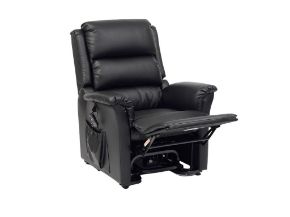
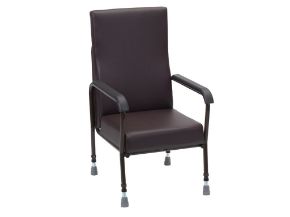
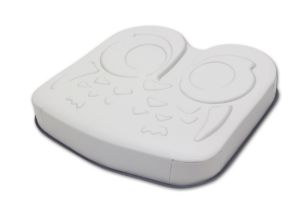
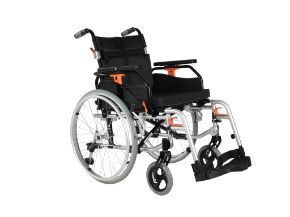
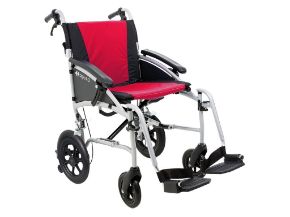
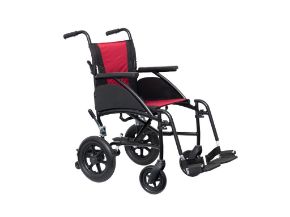
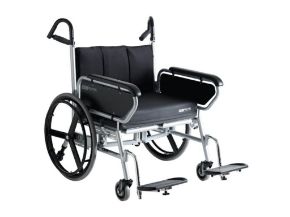
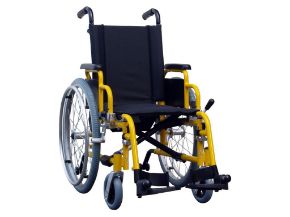
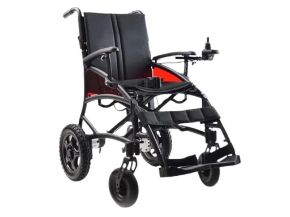
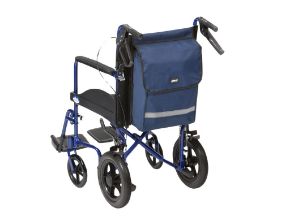
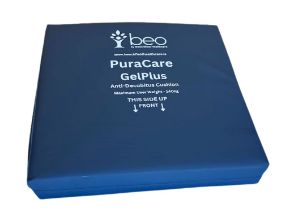
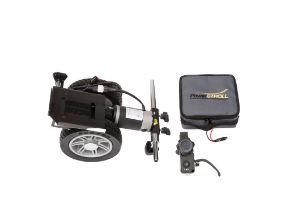
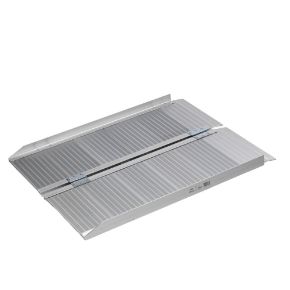
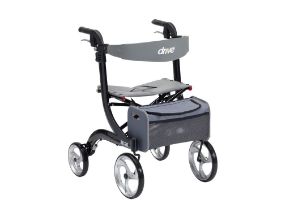
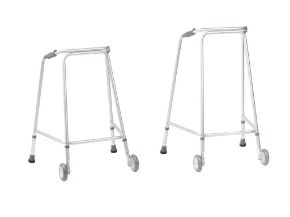
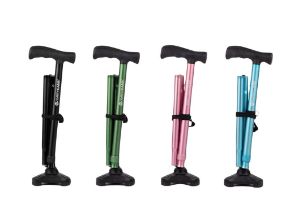
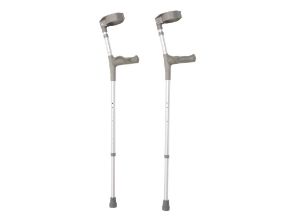
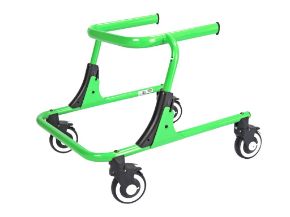
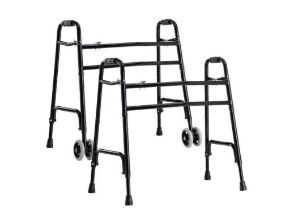
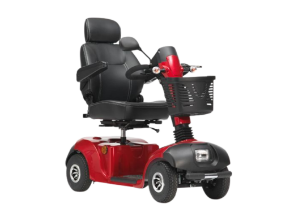
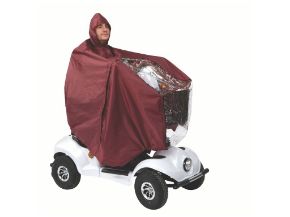
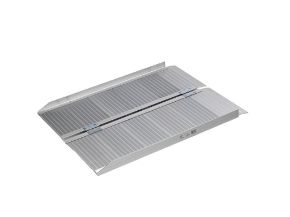
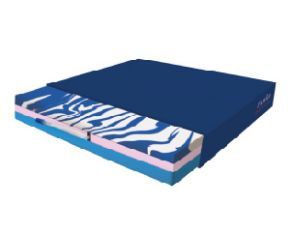
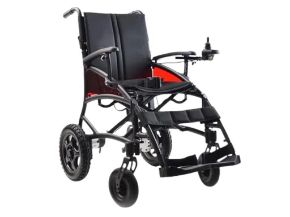
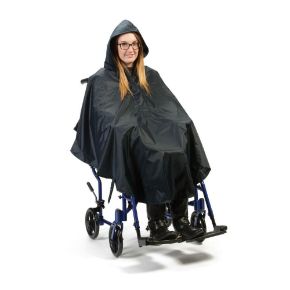
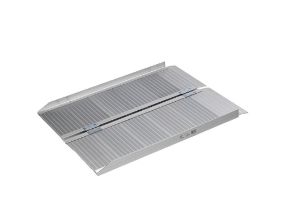
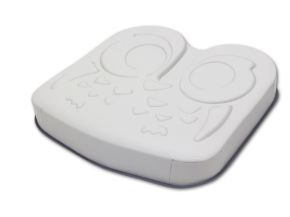
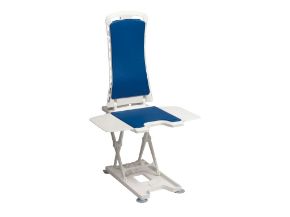
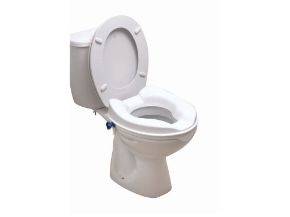
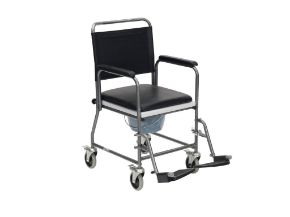
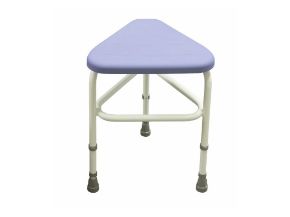
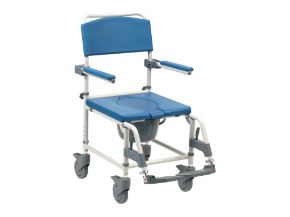
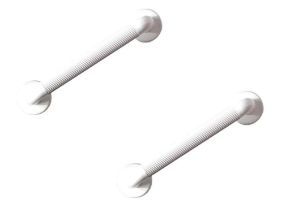
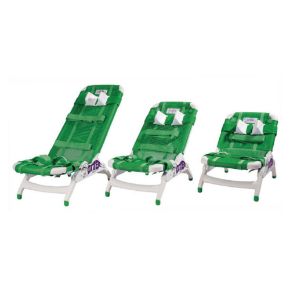
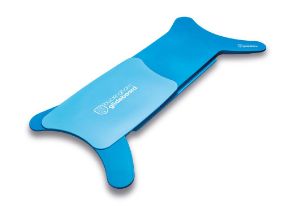
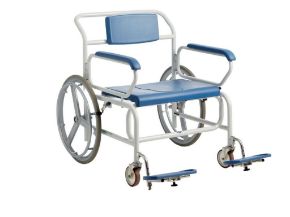
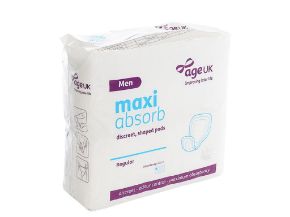
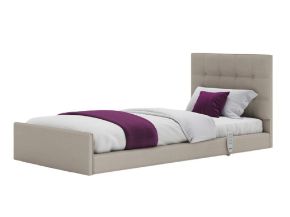
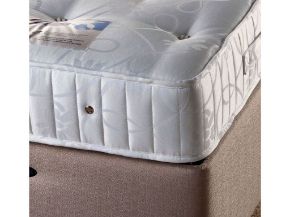
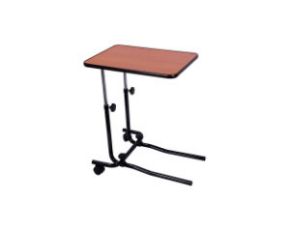
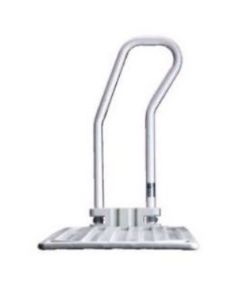

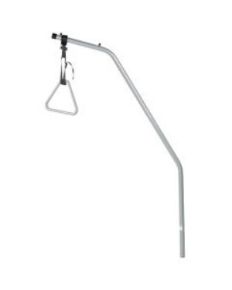
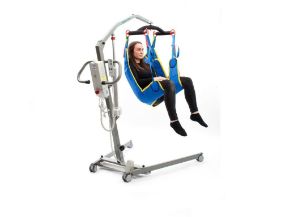
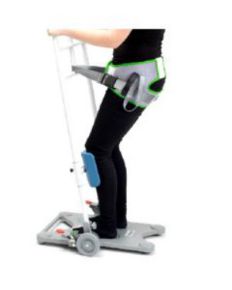
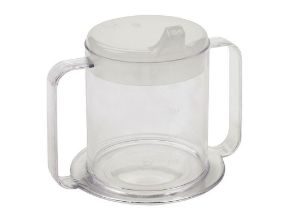
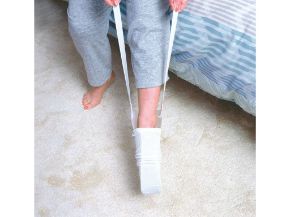
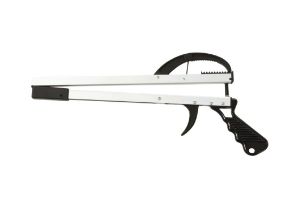
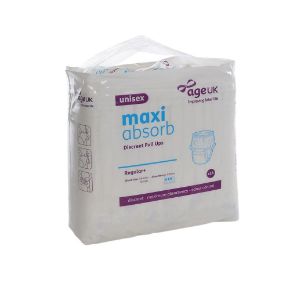
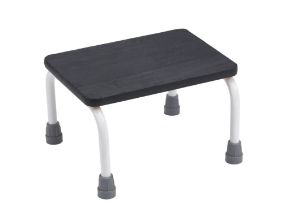
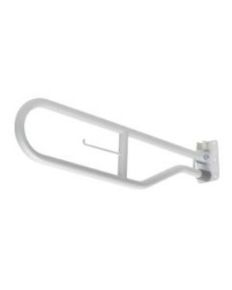
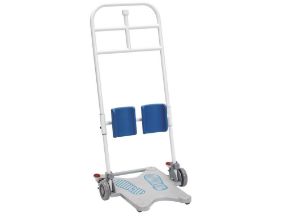
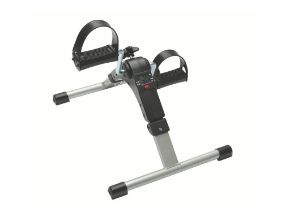
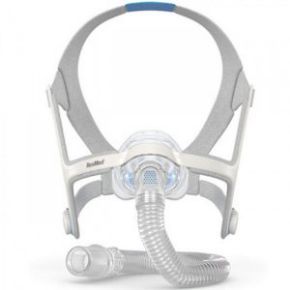
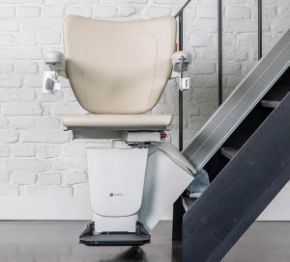
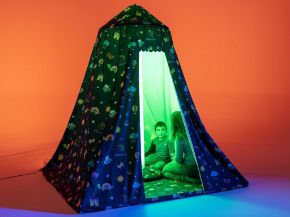
 (900 x 713 px)_900.jpeg)
_900.jpeg)
 (900 x 713 px)_900.jpeg)
 (900 x 713 px)_900.jpeg)
